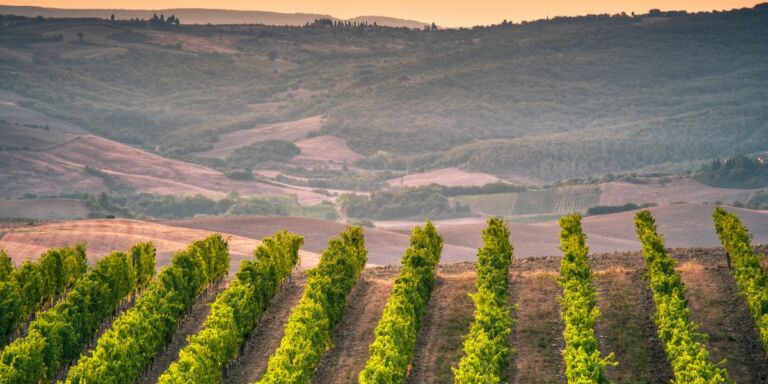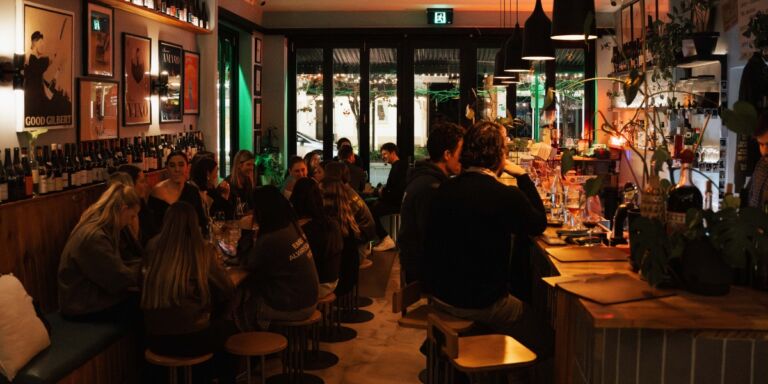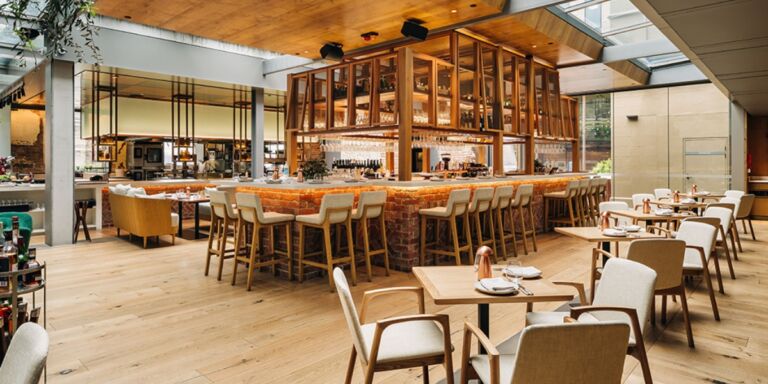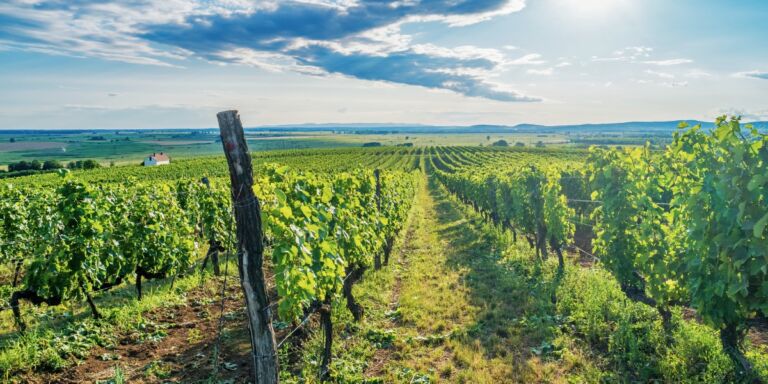A browse of GoTurkiye.com soon yields beautiful pages on the country’s new vineyard routes. This comprehensive tourism-planning platform was first launched, as goturkey.com, in 2020. It is just one part of huge investment by the Turkish government to attract more tourists: Istanbul’s vast new airport (evoking the self-sufficient luxury of a Star Trek planetary colony) and the restoration of archaeological sites of global cultural significance are others.
Türkiye is what Turks call their country but there’s no doubt that President Erdogan’s nationalist ethos is behind the official name change. The country has always been at the intersection of eastern and western cultures but today that tension crackles with paradox. Take a closer look at the vineyard routes online and governmental ambivalence is clear: wineries and wine names are absent from the itineraries.
The delights of local grapes, local villages and unique food are all covered: but how would you find the wines made there? With a little effort. And it’s worth it. Turkish wine culture, landscapes and varieties, as well the wines themselves, are an uplifting discovery.

Wine tourism in Türkiye puts on its viticultural cloak to promote sophisticated vinous experiences that are entwined with culture, gastronomy and nature. Turkish wine producers have responded to governmental restrictions on alcohol, which include strict rules about its ‘promotion’ via marketing and a ban on sales online, with hospitality that entices and inspires.
The majority of the country’s most acclaimed wineries have enotourism at the heart of their businesses. Many of the producers responsible for the latest IWSC Turkish medal-winners are ready to welcome visitors with refined wine tours and exquisite food.

But where to start? The region of Thrace, on the European continent, is a significant area for wine production and tourism. It is the closest wine region to Istanbul, at just 90 minutes away by car, and a much-loved weekend destination for its rolling hills, sea views, sweet breezes and great wine. Bordered by Greece and Bulgaria to the west, and cradled by three seas to the north, east and south, Thrace has a long wine culture and a temperate climate. This is where the new wave of Turkish fine-wine producers set up in the 1990s; there’s a useful density of elegant cellar doors and luxurious boutique hotels, making it the most user-friendly wine region for your first Turkish wine tour.
Bordeaux varieties thrive here, with Cabernet Franc and Cabernet Sauvignon winning many awards, and classic Bordeaux red blends from producers such as Château Kalpak acclaimed as some of the country’s finest wines. But indigenous varieties are increasingly recognised too and many producers, such as Suvla, have dedicated themselves to the restoration and promotion of ‘lost’ grapes such as Papaskarasi.
Thrace is the most user-friendly wine region for your first Turkish wine tour
The Thracian wine route is one of Turkey’s most established, offering long and short itineraries. The route is shaped like a Y, with Istanbul at the top right, Edirne at the top left, and Çanakkale at the bottom point, along the peninsula of Gallipoli. Typically for Turkey, cultural attractions are entwined with wine: Erdine is the former Ottoman imperial capital and its Selimiye Mosque is a UNESCO World Heritage site.
This wine route has four main sections, each with its cluster of acclaimed wineries welcoming tourists: Tekirdağ, Kırklareli, Şarköy, and Gallipoli.
Exploring the Thrace vineyard route
View this post on Instagram
Tekirdağ
Tekirdağ, the closest area to Istanbul, is home to wineries including Château Nuzun, Barel Vineyards, Umurbey Vineyards (famed for its award-winning Sauvignon Blanc) and Barbare Vineyards. Barbare works with a French enologist and makes impressive Rhône-style blends from their sheltered, sustainably farmed vineyards. The wine shop and restaurant have a terrace with views over the hills to the shimmering Marmara Sea and there are elegant modern bedrooms.
View this post on Instagram
Kırklareli
Kırklareli is on the ancient grape road to Bulgaria. Bordered by the Stranja mountains, this elevated rolling terrain is where some of Turkey’s top producers have their vineyards. Chamlija offers tastings from its wine boutique. Arcadia makes elegant, low intervention wines from sustainable vineyards. Their ecological hotel Bakucha is one of the nicest stops in this part of Thrace region, with a restaurant serving produce from their kitchen garden, a pool with tranquil views, and a stylish holistic spa. Try their Blanc de Noir from the local Papaskarsi grape, and their signature red from Cabernet Franc.

Şarköy
Moving south, Şarköy is the heart of red wine production in Thrace. Notable wineries here include Melen Winery, Gülor Winery and Château Kalpak (pictured). Kalpak’s sensational and sought-after reds are made from estate vineyards planted on a dramatic cliff overlooking the Sea of Marmara just a few kilometres away. The grounds are graced by sculptures, and the elegant shop and terrace would be at home in Napa. Winery tours are available by appointment and are worth booking to enjoy the architecture and art of the interior. Founder Bülent Kalpaklıoğlu is a perfectionist and it shows: Kalpak’s 2015 Cabernet Franc took gold in IWSC’s most recent awards.
View this post on Instagram
Gallipoli
Southernmost, the haunting Gallipoli Peninsula snakes through shimmering seas and sky. Travelling through luminous light and green-gold olive groves, wheat fields and vineyards, you are snapped into remembrance by immaculate white military cemeteries. This area is much visited by families from Australia and New Zealand commemorating ANZAC day and has developed a sophisticated tourism offering with many fine hotels. The town of Eceabat, on the Dardanelles strait, has a cluster of wineries, including Suvla Vineyards. Their award-winning wines are made from organically grown vineyards and include an improbably brilliant blend of Petit Verdot and Karasakiz, a local red grape. The dry summers and constant breezes make organic and low-input viticulture viable here. Suvla’s cellar-door shop and restaurant offers tastings and delicious food from local produce. They also sell their own olive oil, plus a selection of pottery and craft from local artisans.








